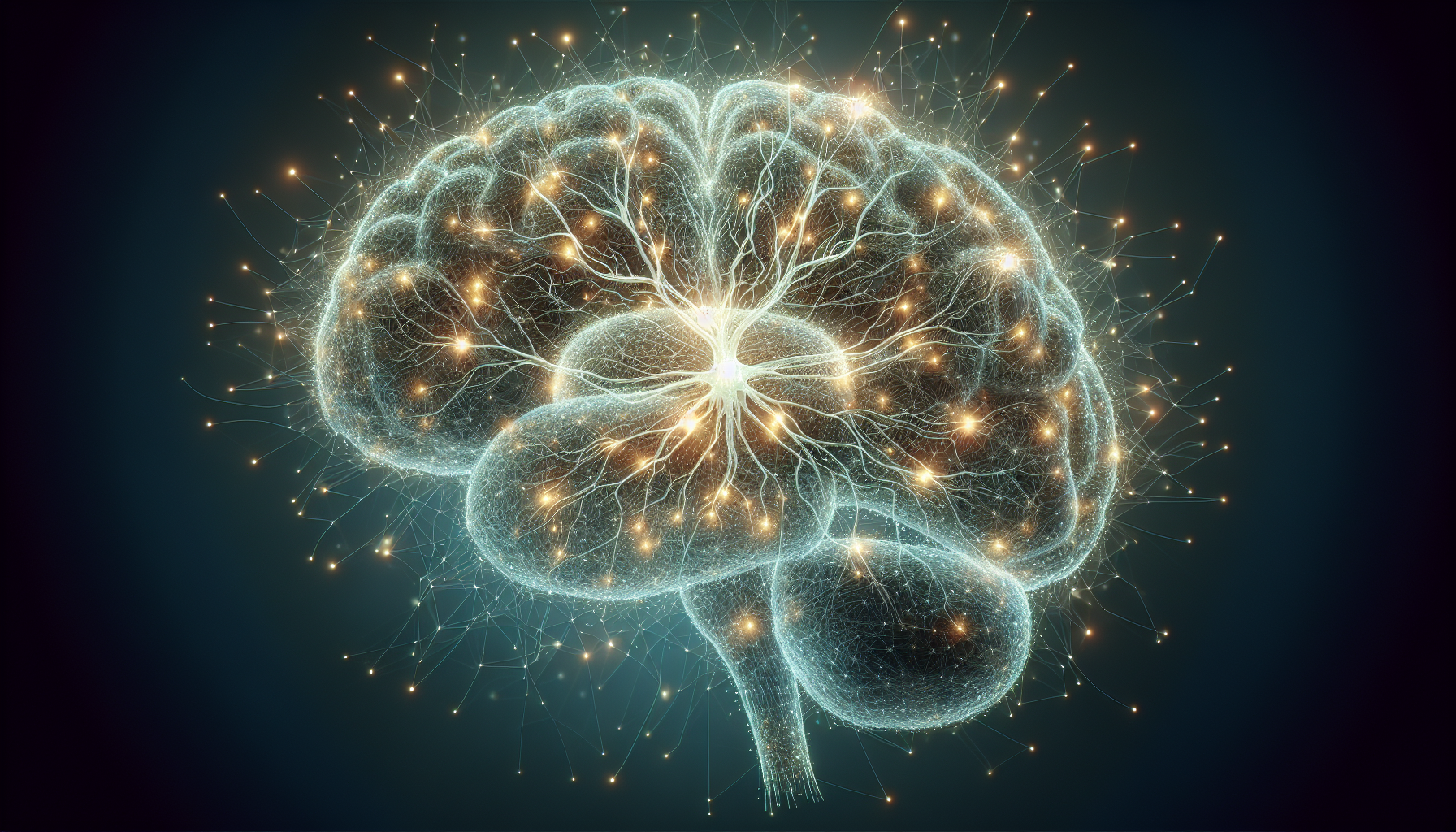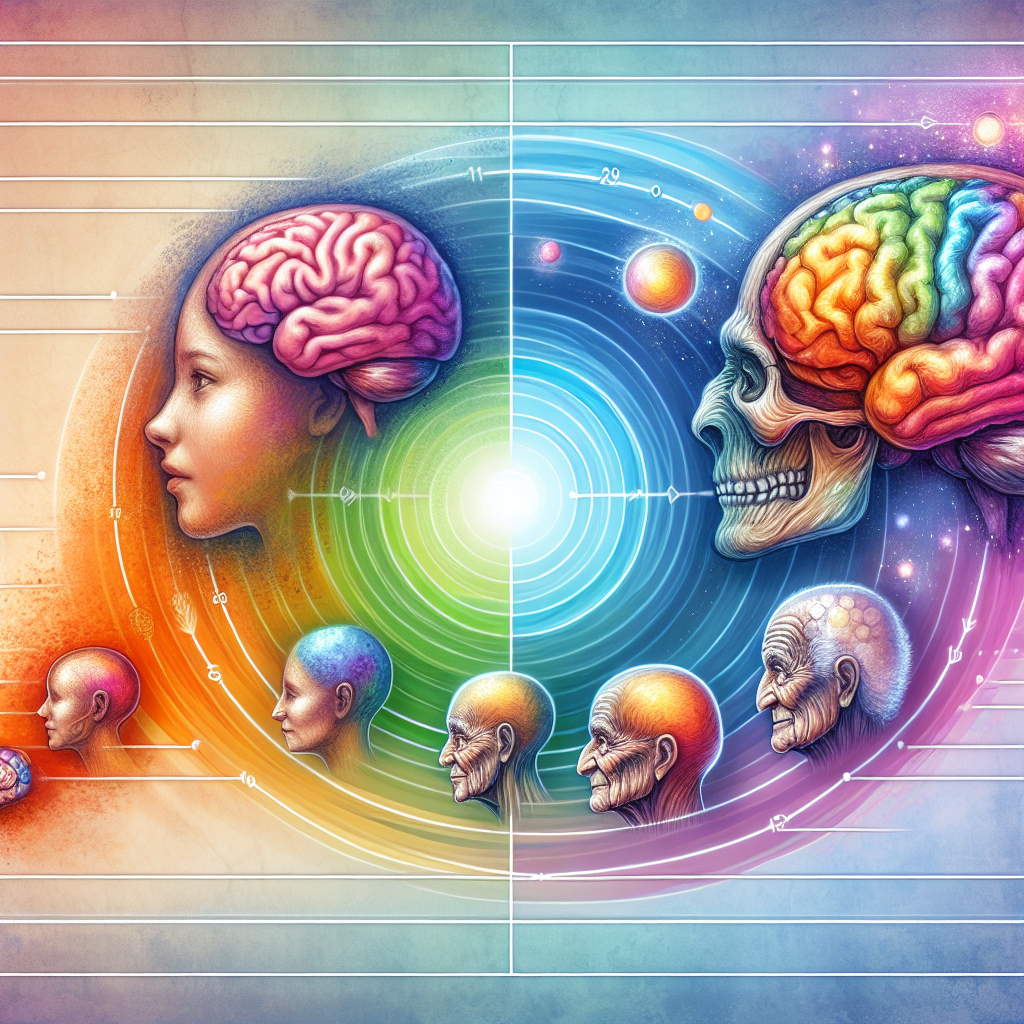Hormones are powerful chemical messengers in the body that have profound effects on your brain health and overall well-being. As we age, hormonal changes are inevitable, and understanding the impact of these changes on the brain is crucial for maintaining cognitive function and mental health.
The Intricate Link Between Hormones and Brain Health
Hormones such as estrogen, testosterone, thyroid hormones, cortisol, and insulin play a pivotal role in regulating brain function. They influence mood, memory, and cognitive abilities, making them key factors in brain health.
Estrogen, for instance, has been shown to have a neuroprotective effect on the brain. It promotes the growth and survival of neurons, enhances neurotransmission, and regulates brain inflammation. This is particularly relevant for women undergoing menopausal transition, where a decline in estrogen levels can lead to memory problems and an increased risk of neurodegenerative diseases.
Testosterone is another hormone that affects the brain. In men, low levels of testosterone have been associated with mood disturbances and cognitive deficits. Testosterone is thought to influence areas of the brain that control memory and spatial abilities.
Thyroid hormones are essential for brain development and ongoing cognitive function. Both hyperthyroidism and hypothyroidism can lead to cognitive impairment, affecting attention, memory, and executive functions.
Cortisol, the stress hormone, can have a significant impact on the brain when present in high levels over prolonged periods. Chronic stress and elevated cortisol levels can damage the brain, leading to memory problems and increasing the risk of depression and anxiety.
Insulin, which is primarily associated with blood sugar regulation, also has a role in brain health. Insulin resistance, a hallmark of type 2 diabetes, has been linked to cognitive decline and may increase the risk of Alzheimer’s disease.
Hormonal Changes Across the Lifespan
During Puberty
Puberty is a time of significant hormonal changes that can affect brain structure and function. The increase in sex hormones during this period can influence mood and behavior and contribute to the development of certain psychiatric disorders.
During Reproductive Years
For women, hormonal fluctuations are a regular part of the menstrual cycle and can affect their cognitive and emotional state. Conditions like Polycystic Ovary Syndrome (PCOS), which involves imbalances in sex hormones, can also have consequences for mental health and cognitive abilities.
During Pregnancy and Postpartum
Pregnancy brings about dramatic hormonal shifts that can influence brain function. Postpartum, the sudden drop in hormones, particularly estrogen and progesterone, can contribute to the development of postpartum depression.
During Menopause and Andropause
Menopause in women and andropause in men represent significant hormonal changes that can impact brain health. These changes can be associated with symptoms such as memory lapses, decreased concentration, and mood swings.
Strategies to Manage the Impact of Hormonal Changes on Brain Health
Given the strong connection between hormonal changes and brain health, there are several strategies one can adopt to mitigate negative impacts:
Hormone Replacement Therapy (HRT)
HRT can be used to alleviate some of the cognitive and mood-related symptoms associated with menopause by replenishing estrogen levels. However, HRT is not suitable for everyone and comes with its risks. It’s essential to have a thorough discussion with a healthcare provider to determine if HRT is an appropriate option.
Lifestyle Adjustments
A healthy lifestyle can support brain health during hormonal transitions. Regular physical activity, such as aerobic exercises, has been shown to improve cognitive function and mood. The Benefits of Aerobic Exercise on Cognitive Clarity and Focus highlights the positive effects of exercise on brain health.
A balanced diet, rich in omega-3 fatty acids, antioxidants, and vitamins, can help support brain function. The Role of Antioxidant-Rich Foods in Brain Aging Prevention provides insight into how diet can influence brain aging.
Stress Management
Practices such as mindfulness, yoga, and meditation can help manage stress and its effects on hormonal balance and brain health. The Impact of Stress Management on Neuroplasticity explores how managing stress can have beneficial effects on brain structure and function.
Cognitive Training
Engaging in activities that challenge the brain, such as puzzles, learning a new language, or playing musical instruments, can help maintain cognitive function during hormonal changes.
Monitoring and Adjusting Medications
Some medications can affect hormone levels and, by extension, brain health. Regularly reviewing medications with a healthcare professional and making necessary adjustments can be beneficial.
External Resources for Further Reading
For those seeking more information on hormonal changes and brain health, the following resources provide in-depth insights:
- The North American Menopause Society offers comprehensive information on menopause, including its effects on brain health.
- The Endocrine Society provides resources on various hormonal conditions and their implications for health, including cognitive function.
- The Hormone Health Network is an excellent resource for understanding hormones and how they affect the brain and body.
- The International Menopause Society has resources on managing menopause symptoms, including cognitive changes.
- The Andropause Society offers insights into andropause and its effects on men’s health, including mental and cognitive aspects.
Conclusion
Hormonal changes have a significant impact on brain health and can influence cognitive abilities and emotional well-being. Understanding these changes and implementing strategies to manage their effects is essential for maintaining brain health across the lifespan. With the right approach, it’s possible to support brain function and reduce the risk of cognitive decline associated with hormonal fluctuations.



